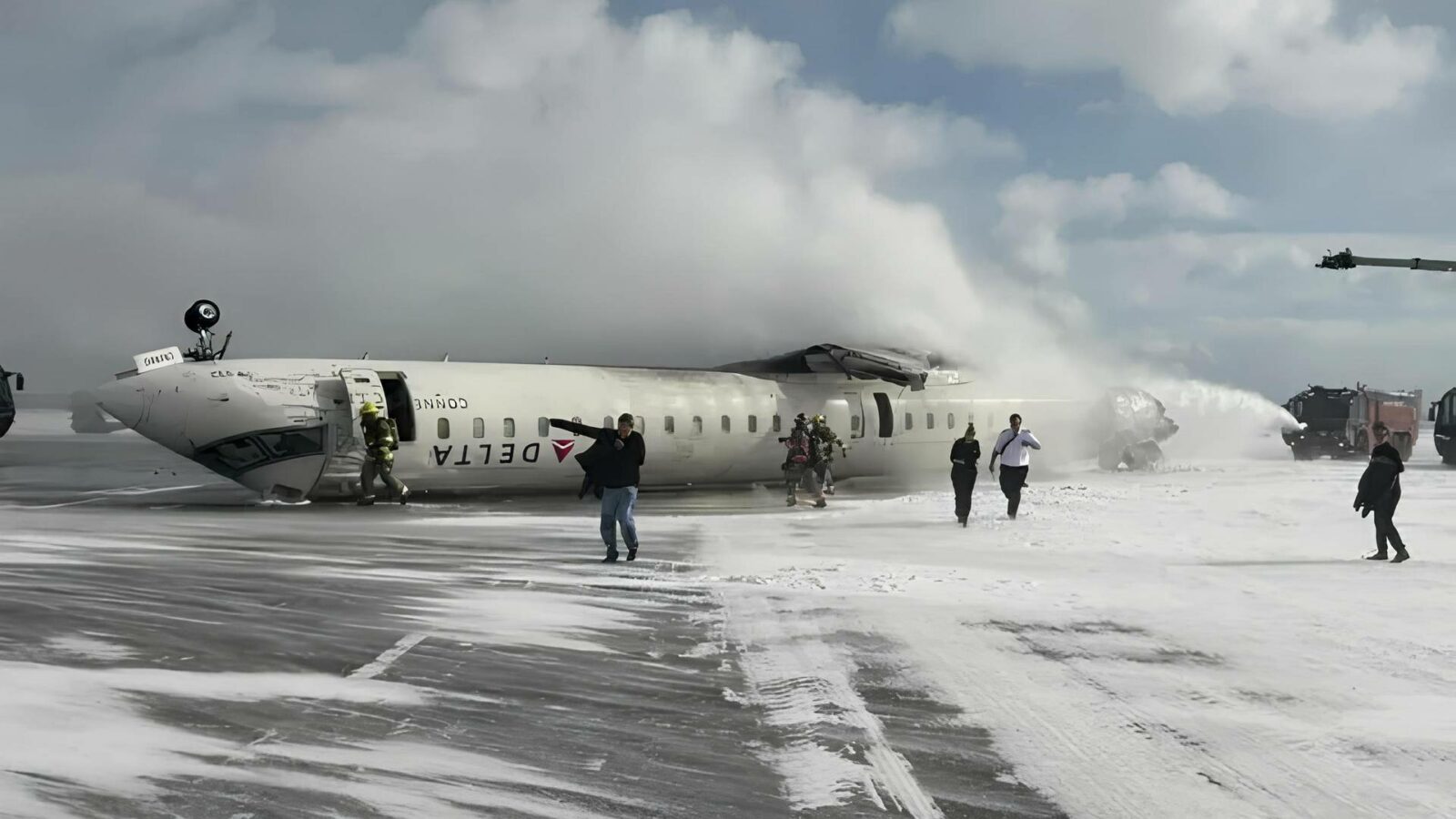For months now, airlines have been trying to get national authorities to accept testing schemes, as an alternative to lengthy quarantines. It is not an easy process, but some progress is taking place. These rules are a constantly moving target. Fortunately, as countries learn from past mistakes, at least the constantly-changing rules get a bit less inconsistent.
England currently has a 14-day quarantine for all arriving visitors. Testing will make it possible to reduce it, potentially, to five days, from the 15th of December. “Potentially” because more things could change by then. Also, the change is dependent on passengers’ wishes. And their budget.
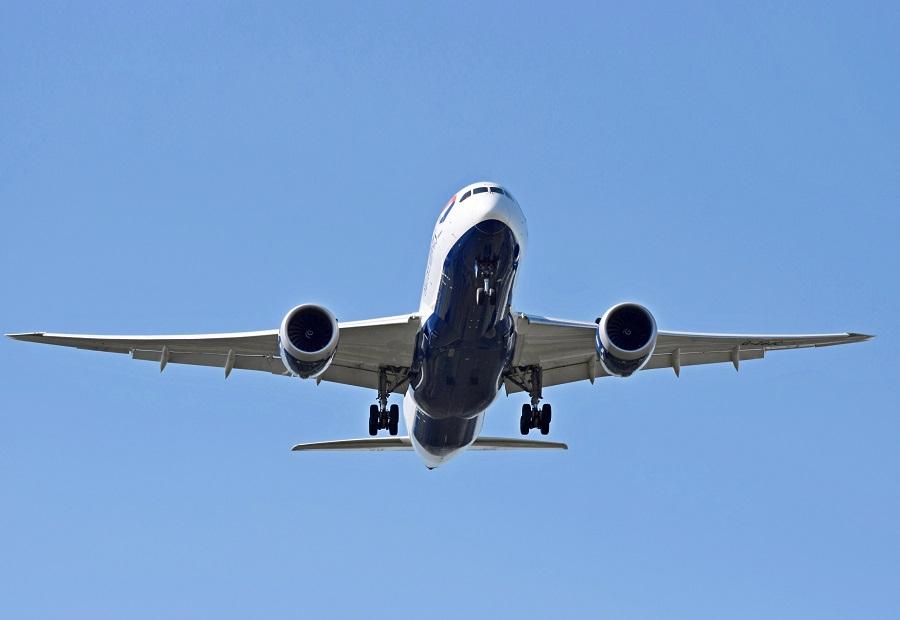
The plan is a ‘test to release’ regime. This applies to anyone who isn’t an essential worker or someone on the UK government’s ‘quarantine free list’. Basically, people arriving without a test will quarantine for 14 days. Alternatively, they will be able to take a test 5 days after arrival. If testing returns a negative result, quarantine ends immediately. So the duration of the quarantine will be five days plus however long it takes for the test to return a result.
Scotland’s Anti Quarantine Testing Plans
Note here that the two previous paragraphs refer to England, not Britain. Scotland, Wales and Northern Ireland will announce their own rules. Already they have had different approaches and timelines to lock-downs and other precautions. Quarantine and testing rules follow the same pattern.
Scottish authorities are considering a request for all arriving passengers to undergo testing. They reason that most people’s concern when travelling is not so much the risk of the pandemic, as it is the lengthy quarantine when returning.
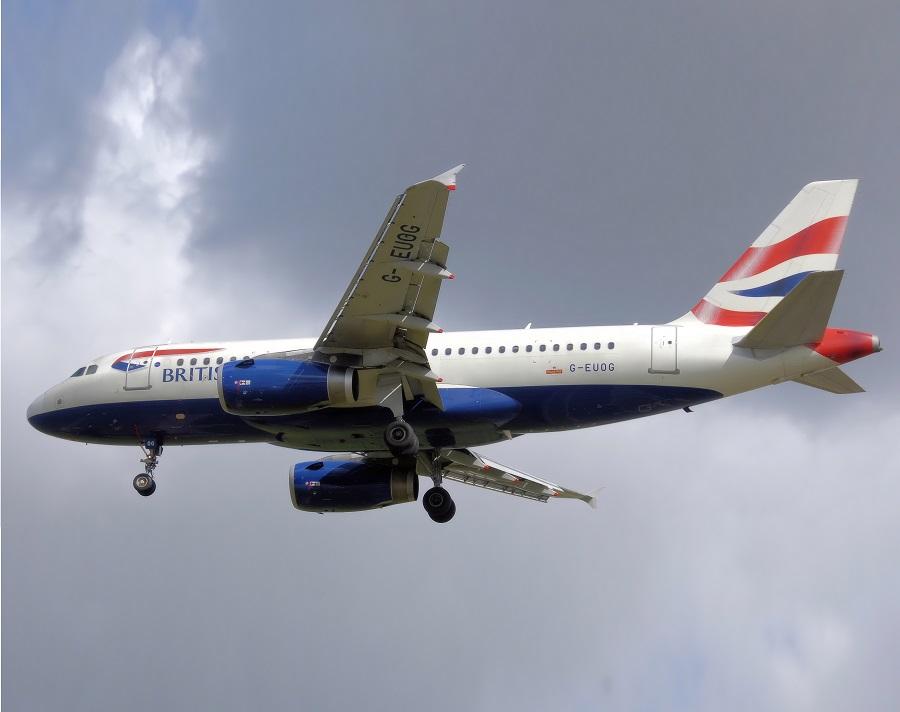
Elsewhere, Delta passengers from Atlanta, Georgia in the US to Rome in Italy, could travel quarantine-free. That’s with a set of common testing rules, although for now the agreement is US-to-Italy only. This is because of the US travel-ban that is still in force, but this may change soon. Delta’s plan between Atlanta and Rome comes into effect on the 19th of December. So the hope is that by then, it will be possible to make it reciprocal.
The plan works with a total of three (!) rounds of testing. The first is a PCR test, done up to 72 hours before the flight. A second, rapid test is done before boarding. Finally there is more testing on arrival, absolving the passenger of the need for quarantine.
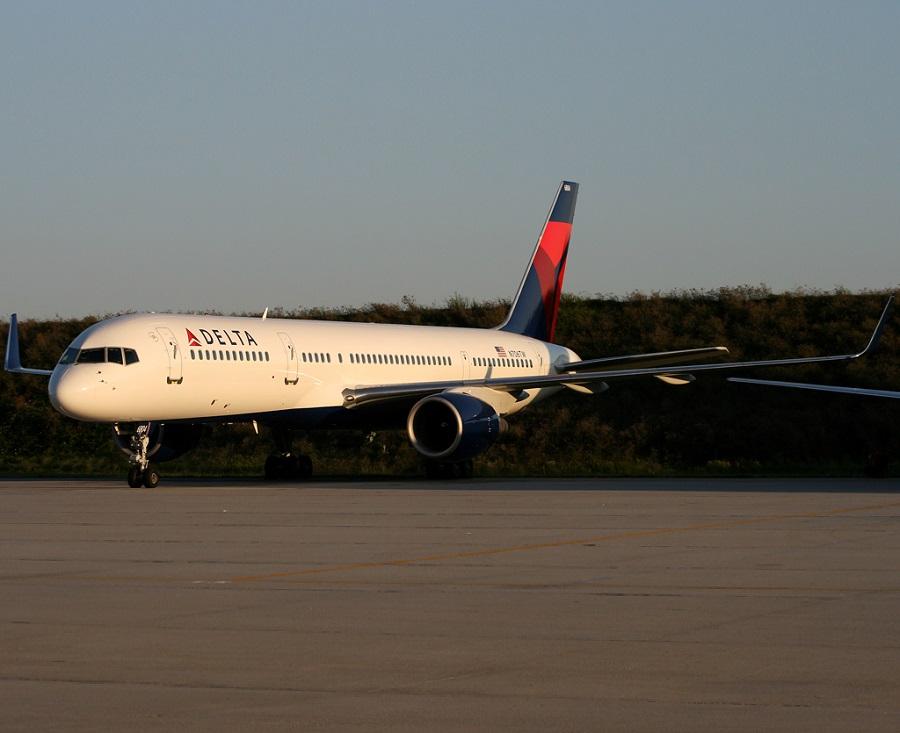
The Quest For Consistency
There are many more plans like the above around the world. There are also reciprocal ‘travel corridors’ between countries, popping up periodically. The idea there is that two countries, both recovering from the pandemic, could link with no or maybe fewer restrictions. The problem with these agreements is that they often don’t last very long.
This is why airlines are pushing for more testing. The point is to have a system that doesn’t depend on current infection rates in either country. Testing, ideally of the pre-flight variety, should be easier to apply consistently between countries, allowing travel without quarantines.
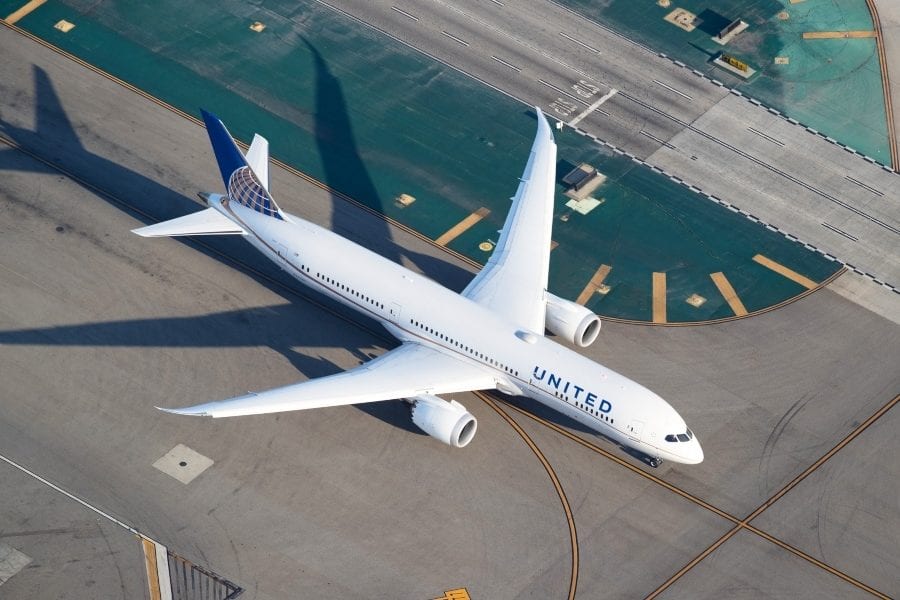
With rules’ consistency between countries, testing is also more predictable, for those making plans a few weeks ahead. United recently made a push in this direction. They gave people the option of flying from New York to London, in a flight where everyone underwent pre-flight testing. In this case, the testing was free for passengers. This was done as a demonstration to authorities, specifically as a means to get rid of quarantines.
And when vaccines replace both testing and quarantines, having reciprocal agreements in place would help. Because we can already see movement towards some form of immunity passport, to allow travel to jump-start, next summer.


